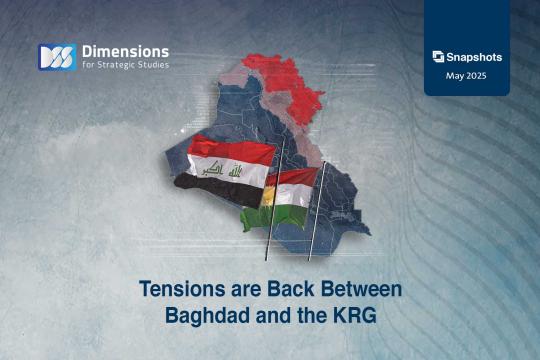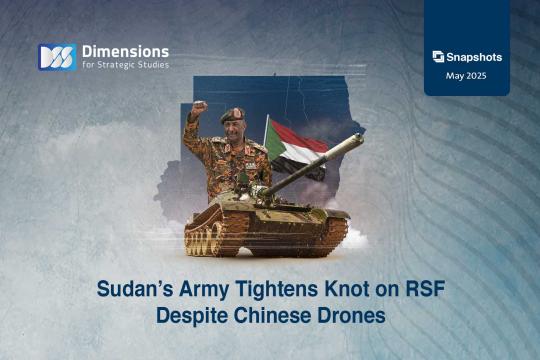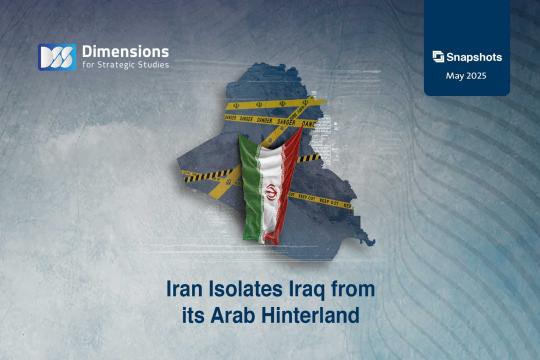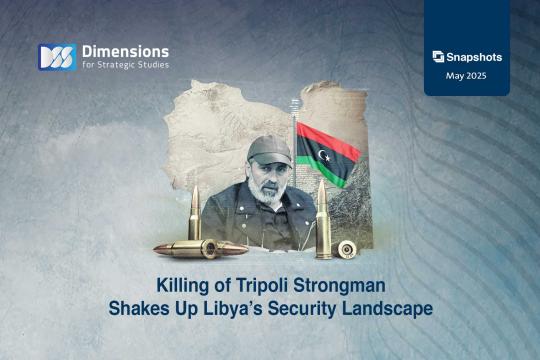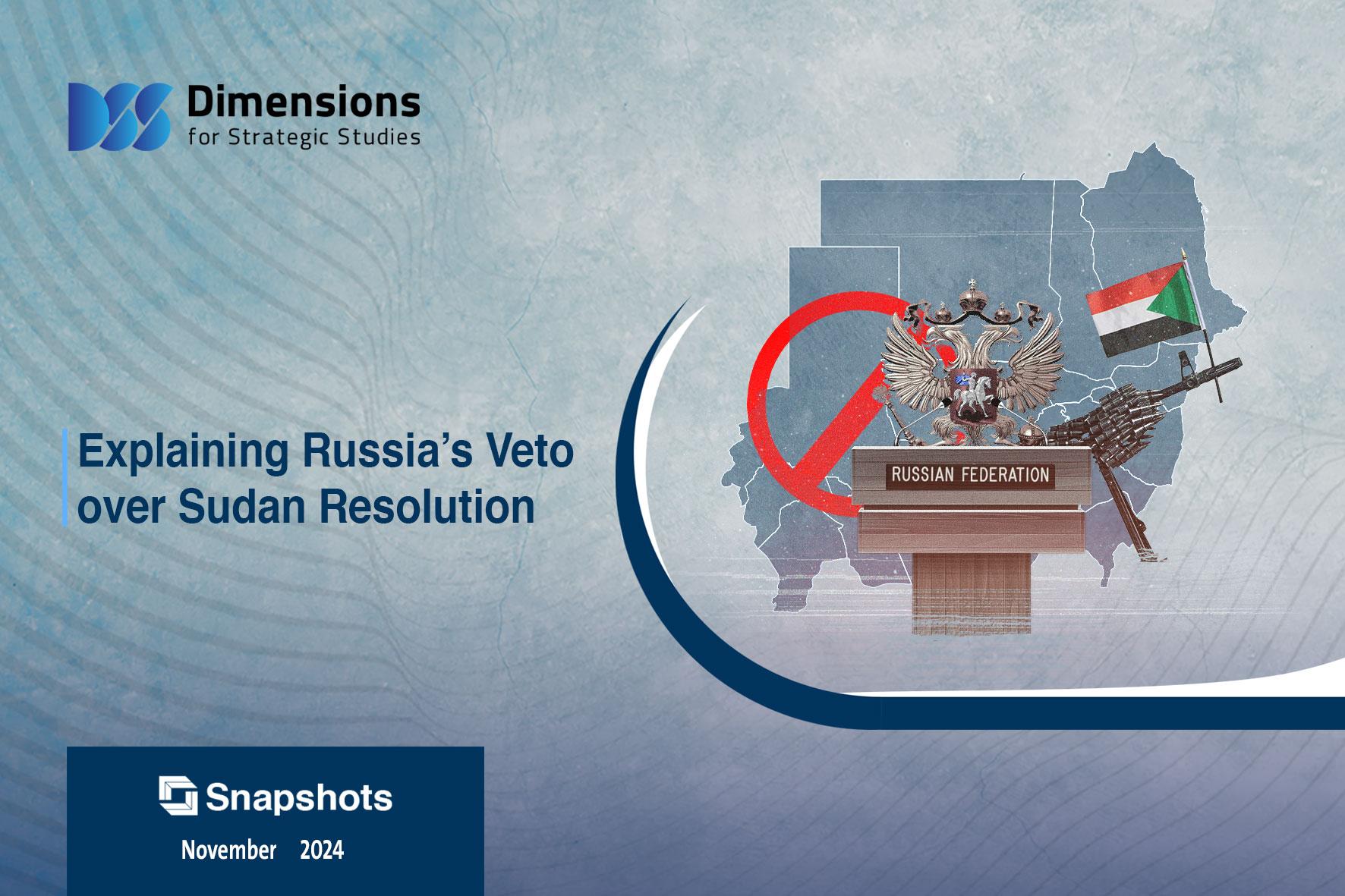
Explaining Russia’s Veto over Sudan Resolution
2024-11-193124 view
Russia has blocked the United Nations Security Council from approving a draft resolution calling for an immediate cessation of hostilities in Sudan, a commitment by the parties to the country’s devastating war to protect civilians from atrocities—including sexual violence—and to engage in good faith to agree on steps to de-escalate the conflict.
The draft, submitted by Britain and Sierra Leone, also urged the UN Secretary General to explore a mechanism to monitor and verify the ceasefire.
While Russia’s veto, on November 18, was part of a broader strategy of obstructing any Western step, amid rising tensions internationally, it is also a reflection of the Russian rapprochement with the Sudanese army since mid-2024, when Moscow agreed to provide weapons and ammunition to the Sudanese military after almost completely halting its support, via the Wagner paramilitary force, to the Rapid Support Forces in their rebellion against the Sudanese army.
The Kremlin is hoping that through its rapprochement with the Sudanese military and its chief, Abdel Fattah al-Burhan, it can realize the long-held Russian ambition of establishing a naval logistics base at Port Sudan on the shores of the Red Sea, able to host Russian ships—including those dedicated to nuclear energy. Reports have circulated in recent months that the Sudanese army has given its initial green light for the project.
Were Russia to acquire such a base, this would strengthen its presence in the Red Sea, one of the world’s most important energy corridors, and give it an important foothold from which to strengthen its influence in the resource-rich African continent.
For its part, the Sudanese army has found, in Russia, an influential international political and military backer. This follows a significant cooling in its relations with the U.S. since August, when the army abstained from attending the Washington-backed Geneva political process on the Sudan crisis, in protest at the RSF’s presence, which the army sees as granting the group a status equal to its own. The army also objected to the American insistence on the United Arab Emirates’ attendance as an observer to the talks.
In general, by blocking the draft resolution on Sudan at the Security Council, Russia demonstrated that it remains able to wield significant clout in the international arena, despite its preoccupation with the war in Ukraine. It also confirmed its involvement in Sudan specifically, in a way that strengthens its negotiating position in the future vis-à-vis Washington, ahead of possible negotiations with Donald Trump’s administration once he arrives in the White House.


